What’s the difference between installing Paint Protection Film (PPF) and simply applying a ceramic coating? I explain in this week’s mailbag. Send questions if you got ’em!
Question
Hi Mike. I’m picking up my M3 in Germany (cool! – MD), and driving it back to the UK. Do I need to apply a PPF or ceramic coating before driving it home? What would be better?
– Eric
Answer
Eric, first, congrats on your M3! You ask a question that’s usually answered with “PPF”, but I don’t think it’s quite so clear cut. There are good and bad to both approaches.
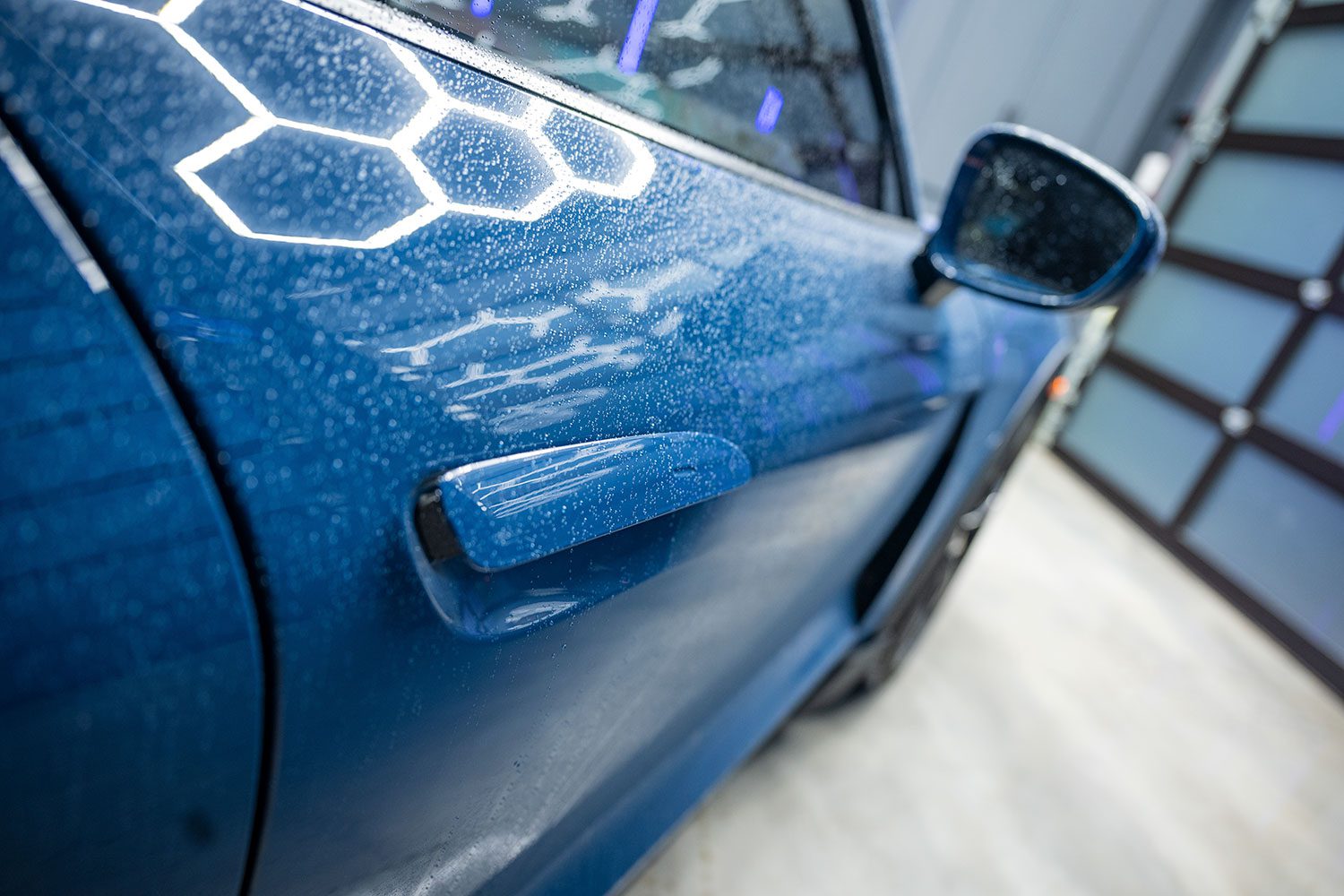

PPF is expensive
To wrap an entire car properly in PPF can cost upwards of $6,000 – quotes vary, but regardless, it’s a lot of money. If you get hit, the panel must be replaced, something insurance won’t cover.
On the other hand, if you get rock chips and other marks on your car, you can easily respray the bumper for $1,000 or less. If you have a reputable body shop, it will look factory fresh.
PPF dulls the paint
Ask many photographers if they shoot with a lens protector, and they will say no. The logic here is that we’ve paid for expensive lenses, and to put a $50 glass cover over them would result in a sub optimal image.
PPF adds another clear layer over your paint. In my opinion, it dulls the luster a bit, no matter how it’s installed.
I have no scientific proof of this, it’s just what I see with my own (admittedly well-trained) eye.
But paint protection film works
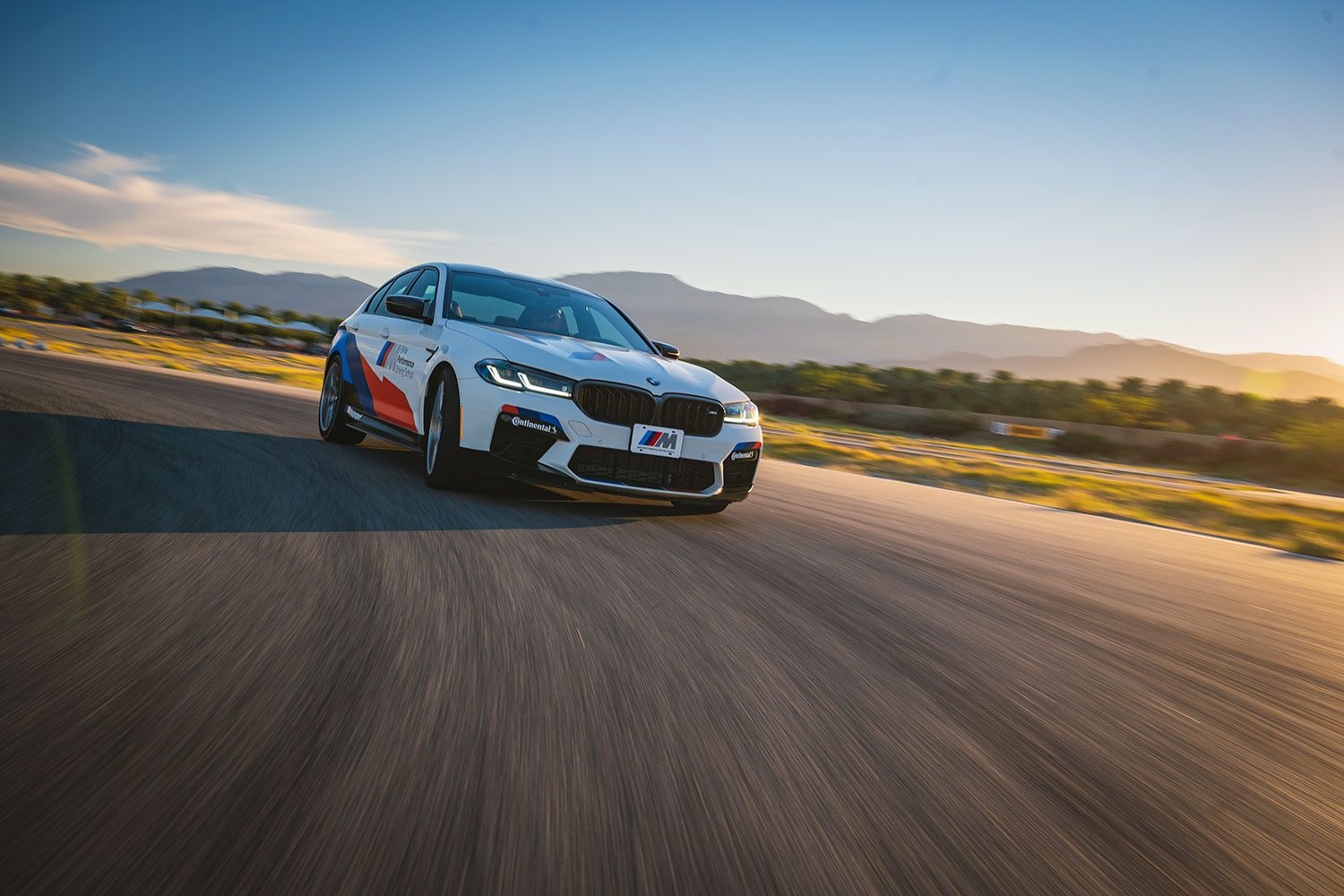

All that said, PPF works in protecting the car from rock chips and minor damage. If a shopping cart hits your car, or a rock gets kicked up, you can usually just wipe the result away. BMW themselves use it on your new M3, just check out the rear fender flairs. Most manufactures add it to this area because it’s more prone to damage.
Ceramic coatings are not a substitute for PPF
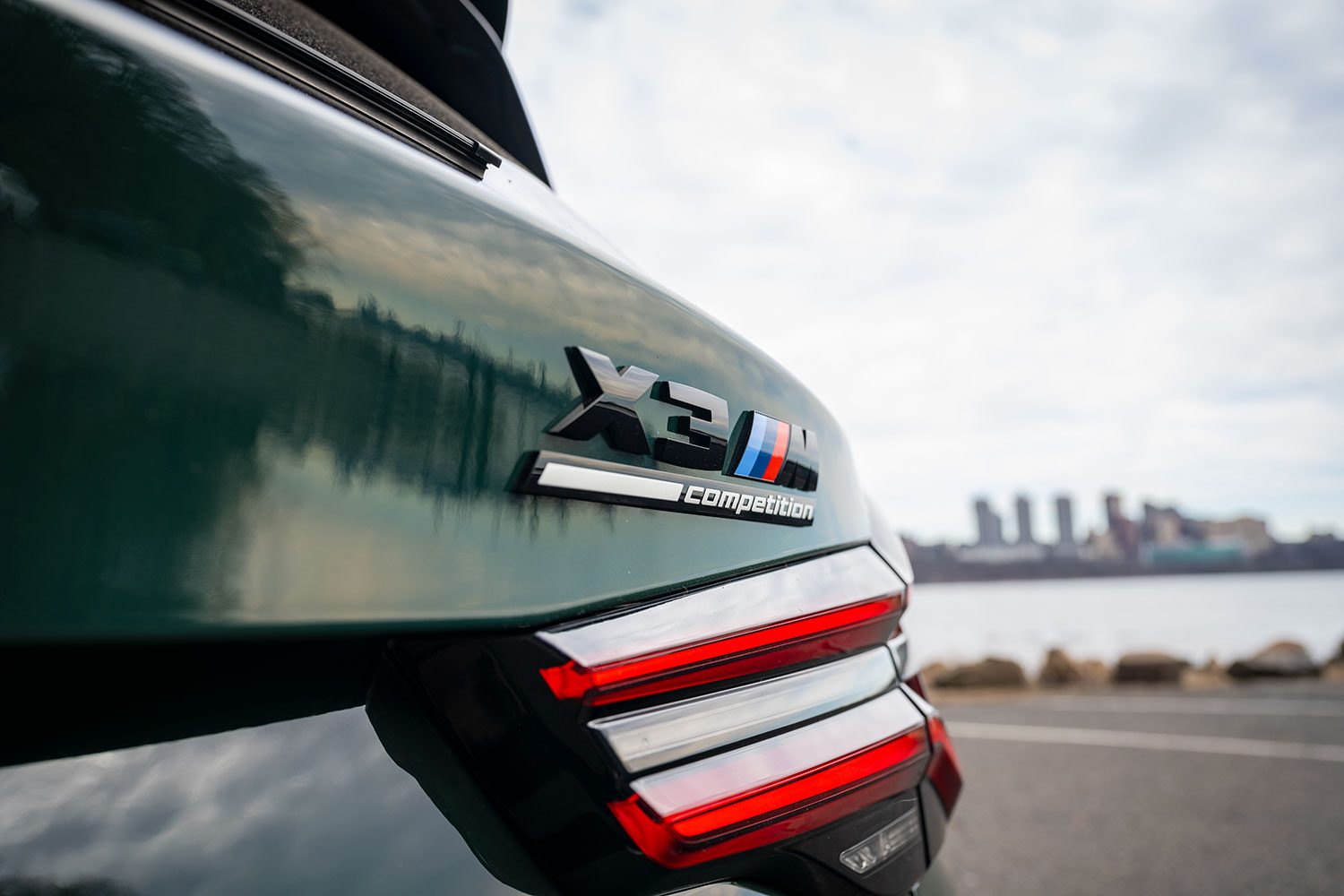

A ceramic coating works by being spread onto the paint and adhering to the clear coat, wrapping it in a sort of protective shell. These coatings will help keep the paint clean and avoid things like water spots or marring from a bird bomb.
However, they won’t protect against big hits from outside forces.
Ceramic coatings aren’t perfect
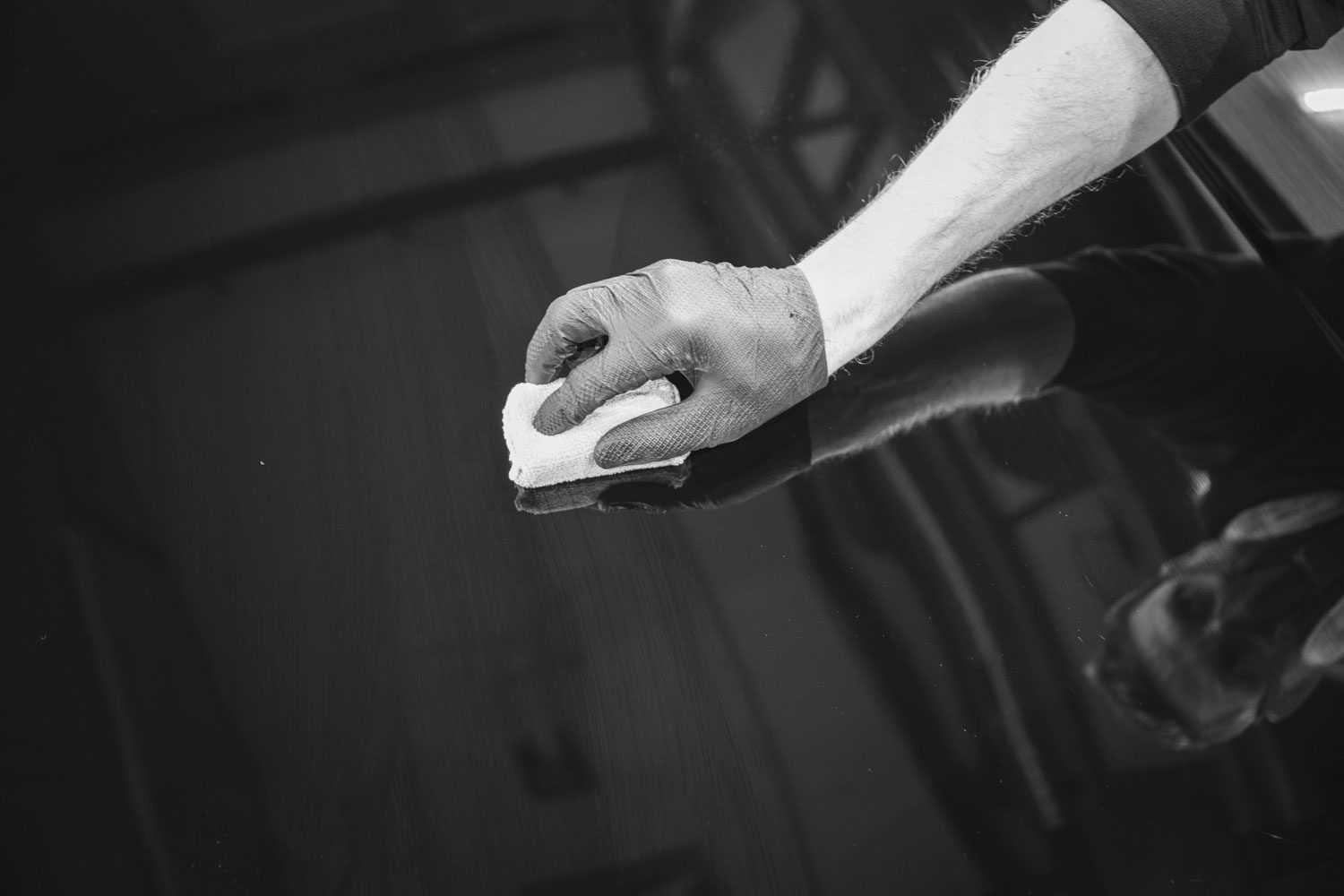

Be careful in choosing a coating, because none of them last as long as they claim. You’re not getting five years out of any bottle, it just doesn’t work like that. And not all of them are helpful. Remember that as paint expands and contracts with environmental forces, it needs the flexibility to move. Sometimes, ceramic coatings form a hard shell and can prevent the paint from flexing, causing it to crack.
It’s why I only use AMMO Reflex, which allows the paint to flex as it protects. That’s no plug either. I’ve used AMMO for eight years on all my cars without issue, and Larry isn’t known for his discounts.
Can you use both?
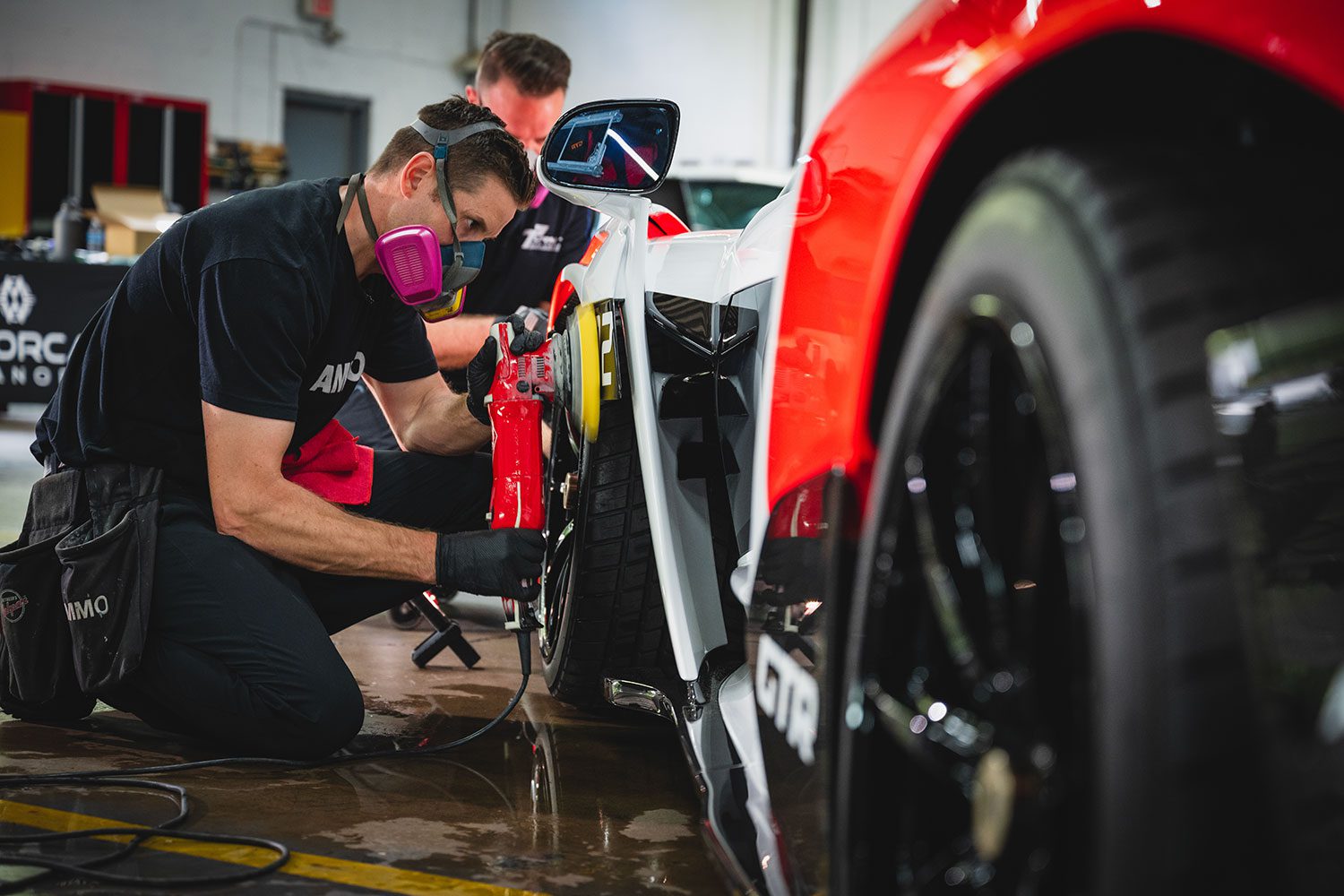

Yes! The order to follow would be to correct the paint, apply a ceramic coating of choice, and then put PPF over it.
You can put on other coatings over the PPF and wax it as your normally would.
What my solution is
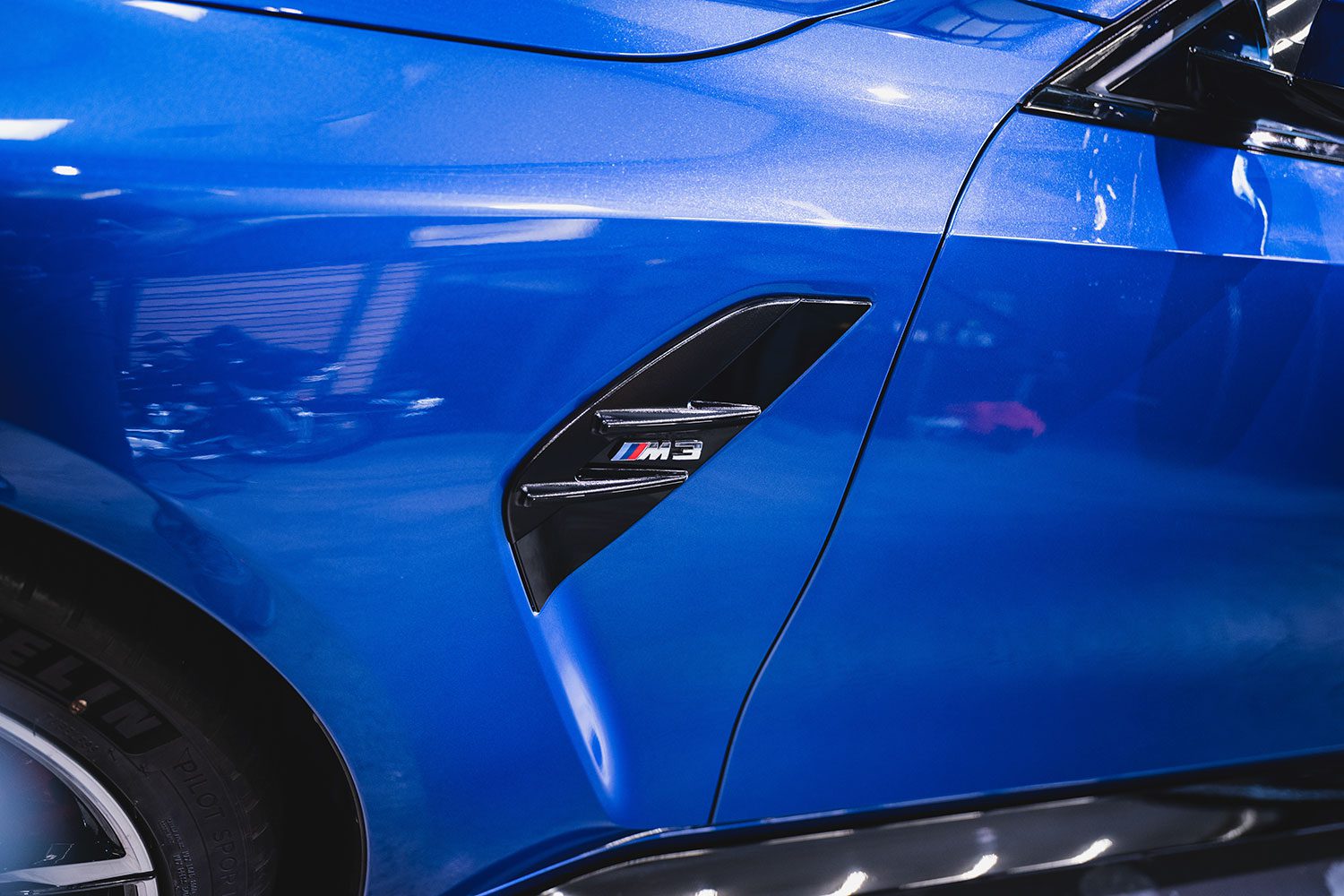

I’ve never put PPF on any car. The cost is astronomical compared to the return. If you’re on the highway every day, consider it, because trucks kick up a lot of things. But aside from that, I’ve never felt the need.
Yes, there are a few chips on the nose of the M3, but you’d need a microscope to see it, and I can always repaint it.
Eric, the answer here is to do what makes you feel comfortable. If you can go for PPF and plan on keeping the car long term, go for it. But don’t feel like you’re mistrating the car without it.
Want your car reviewed?
If you live in the tri-state area and want me to check it out, send me an email!
Support the cause
Commissions may be received for product links on this site. Help out if you can.
I use Nikon camera bodies and lenses, a Westcott Ice Light 2, Manfrotto tripod, B + W filters and an iMac Pro to make the art you see here.
Follow along on Instagram @machineswithsouls




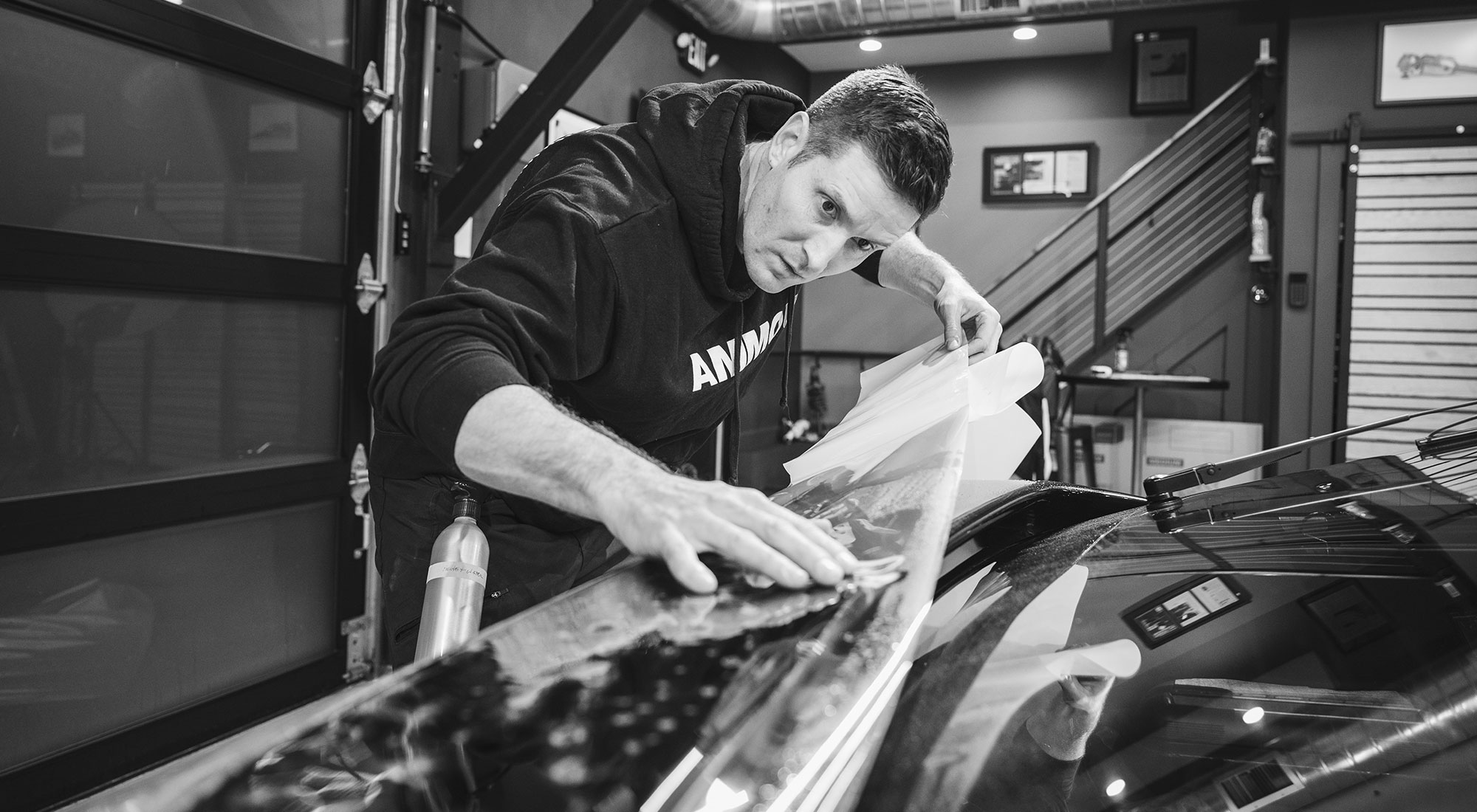
One thought on “Friday Mailbag: PPF vs ceramic coating”